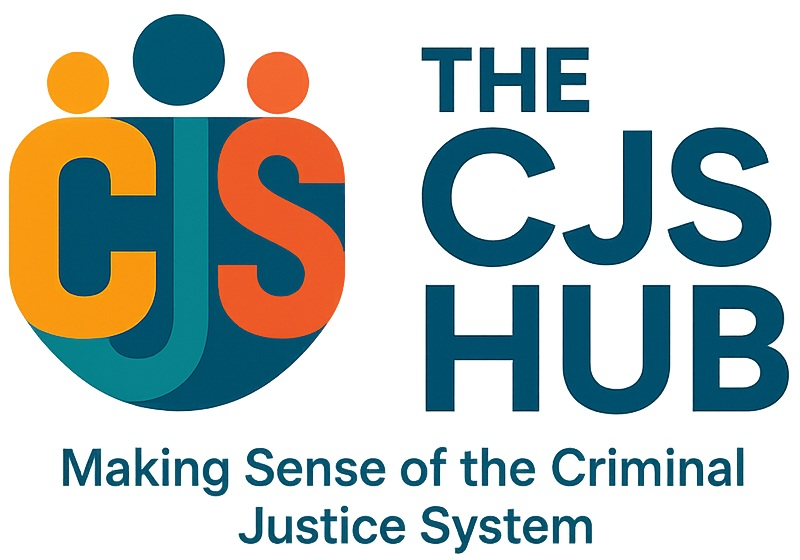Being accused of something you didn’t do can turn your world upside down. Even if you’re later cleared, the stress, uncertainty, and damage to your reputation can linger long after the legal process ends. It’s an incredibly isolating experience — but you are not alone, and there are practical steps you can take to protect yourself, rebuild trust, and move forward.
Understanding the Process
When a false allegation is made, the police have a legal duty to investigate. That can mean arrest, interview, and potentially even charges, even when the evidence seems weak. It can be frightening and frustrating, especially if you know you’ve done nothing wrong.
Throughout this stage, it’s crucial to:
- Get proper legal advice early — ideally from a solicitor experienced in these kinds of cases
- Keep a clear, accurate timeline of events, messages, and evidence
- Avoid direct contact with the complainant, as this can complicate matters
False allegations cases can drag on for months, sometimes years, and the uncertainty is often the hardest part. Knowing your rights and working closely with your legal team can help you navigate the process more confidently.
What Happens if You’re NFA’d or Acquitted
An NFA (No Further Action) decision or an acquittal at trial should bring closure, but many find that life doesn’t simply return to “normal.” People may still have doubts. Rumours may linger. Employers, schools, or community groups may still need reassurance.
This can be painful, but there are steps you can take:
- Ask the police for written confirmation of the NFA or acquittal — this can help with employment or housing issues
- Consider requesting your custody records or full case file to keep for future reference
- Focus on rebuilding your personal and professional reputation gradually, starting with people you trust
Reporting a False Allegation
It’s natural to want justice if you’ve been wrongly accused, but it’s important to understand that prosecutions for making false allegations are rare. The CPS is cautious about pursuing these cases because of concerns about discouraging genuine victims from coming forward. To succeed, there usually needs to be clear evidence that the allegation was knowingly false — not just mistaken, exaggerated, or unsupported.
If you want to explore this route, speak to your solicitor first. They can advise on the chances of success and whether a formal complaint to the police or the Independent Office for Police Conduct (IOPC) might be appropriate.
Rebuilding Trust and Moving Forward
Whether or not the system gives you the outcome you hoped for, the work of rebuilding often falls on you and those closest to you. That might mean repairing relationships, focusing on your mental health, and connecting with people who understand what you’ve been through.
Trusted friends, family, and peer-support spaces — like those linked through the CJS Hub — can be invaluable here. Rebuilding takes time, but it is possible.
False allegations can feel devastating, but they don’t have to define the rest of your life. By understanding the process, seeking the right support, and taking steps to restore your confidence and reputation, you can start moving forward again.
If you need help navigating your next steps, the CJS Hub is here with resources, guides, and connections to specialist services.
